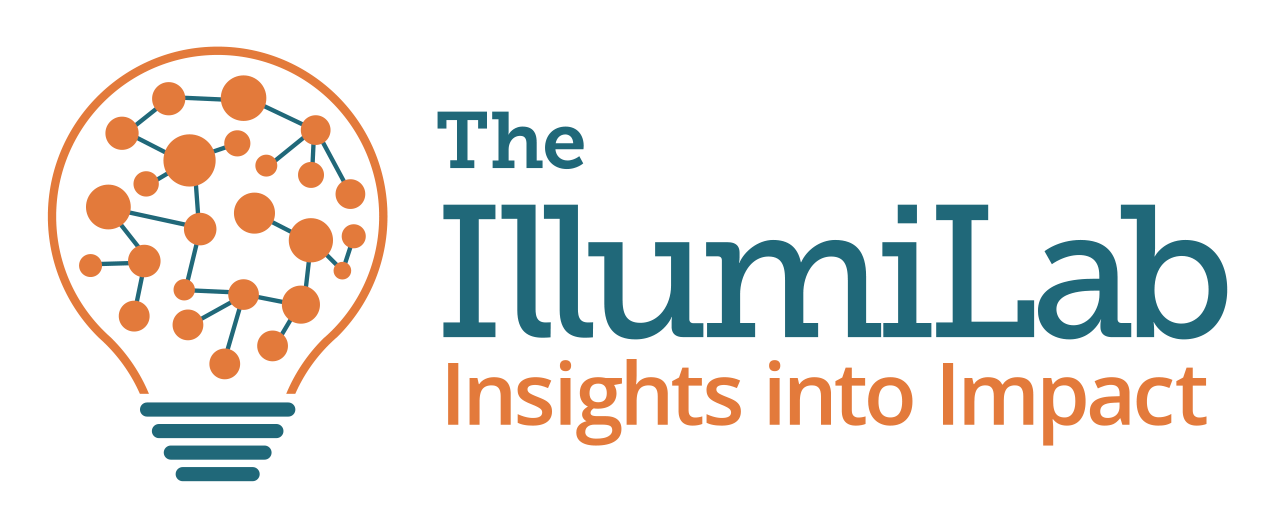In my last post, I offered a basic definition of organizational culture: the system of shared beliefs, values, and assumptions that govern the way people behave in organizations. Culture shapes how we communicate, make decisions, reward and incentivize certain behaviors, solve problems, make change, set direction, and on and on.
Culture can Kill Change
In my experience, organizational culture can be the silent killer of change initiatives. It can be an invisible force undermining and sabotaging the best laid plans. This makes evaluation, learning, and improvement efforts particularly vulnerable to organizational culture, because these efforts are, at their core, about change. They are either a change in and of themselves, new ways of thinking and working; or they are the forerunner of other changes that stem from the learning they generate.
Culture Is Evident in Motives
In a number of my earlier posts, I’ve alluded to the importance of organizational cultures of learning and improvement, as it relates to leadership buy-in, quality improvement, and compliance. In each, I argue that our motivations for this work often forecast the success of this work. If we engage in measurement, evaluation, and change only for the sake of complying with requirements or satisfying external stakeholders, we are robbing ourselves of the true value of the work. Yet, if we have an organizational culture that values the work and engages with it in meaningful ways, then we see real benefits.
Culture Reflects Values
Last time, I introduced the idea of discerning culture by examining competing values. Which way does your organization lean when it has to choose between competing values? I think this test applies also when examining whether or not your organizational culture truly values learning and improvement.
- Do you value innovation? Even if it fails?
- Do you value learning? Even if you have to make mistakes to learn?
- Do you value improvement? Even at the expense of a “sacred cow”?
- Do you value evaluation? Even if it shows you aren’t that effective?
- Those are some of the risks required in being a learning organization.
Culture Is Built By Doing
There’s often discussion about which comes first in the work of building culture – the values or the behavior. In my experience, no leader is going to say that they don’t value learning, innovation, improvement, or evaluation. But few organizations successfully translate those values into structures and systems. So, what are some organizational practices to consider when assessing and seeking to build a culture of learning? The Readiness for Organizational Learning and Effectiveness (ROLE) is a comprehensive self-assessment that organizations can use to reflect on their current practices and degree of buy-in for learning and improvement. It’s a lengthy tool; here are some of the concepts it highlights, which I think are most telling:
Collaboration & Problem-Solving
Are all perspectives heard and valued, or do some leaders assume they know best? Is the focus on finding solutions, or placing blame? Is there an environment of cooperation or competition?
Risk-Taking
Are staff encouraged to try new things, or is compliance preferred? Are mistakes seen as opportunities to learn or something to hide?
Decision-Making
Is there an environment of trust or skepticism? Are different perspectives considered during decision-making? Are the tough questions welcomed or resented?
Systems and Structures
Does your organizational structure encourage collaboration, or is everyone siloed? Is there so much red-tape and oversight that innovation and change become difficult or do people have the authority and trust to experiment? Are staff recognized for new ideas and rewarded for finding opportunities for improvement, or are they seen as squeaky wheels?
Communication
Do you document your learning over time, or do you move so quickly onto the next thing that lessons might be lost? Is information shared transparently and freely with those who could use it, or is it hoarded at the top?
Evaluation
Does your team value evaluation as a way to learn and improve? Do managers provide the time and tools necessary to evaluate? Or is evaluation something you do because you have to?
What Can You Do Today?
If you aren’t an organizational leader and don’t have the authority to re-shape policy or procedure, what can you do to influence your organization’s culture and model the behavior you’d like to see? I think a great first step is to just get curious!
- Ask for time to reflect as a team on past performance and to wonder about the future.
- When presented with data, engage with it. Grapple with it. Ask questions. Dissect it.
- Unearth assumptions. Ask, “How do we know that?” or “What are we assuming?”
- When something doesn’t go well, ask “What can we learn from this?” or “What does this tell us?”
- Fill in these blanks, “If I knew _____, I could _____.” And share that with someone who can help you get that information.

